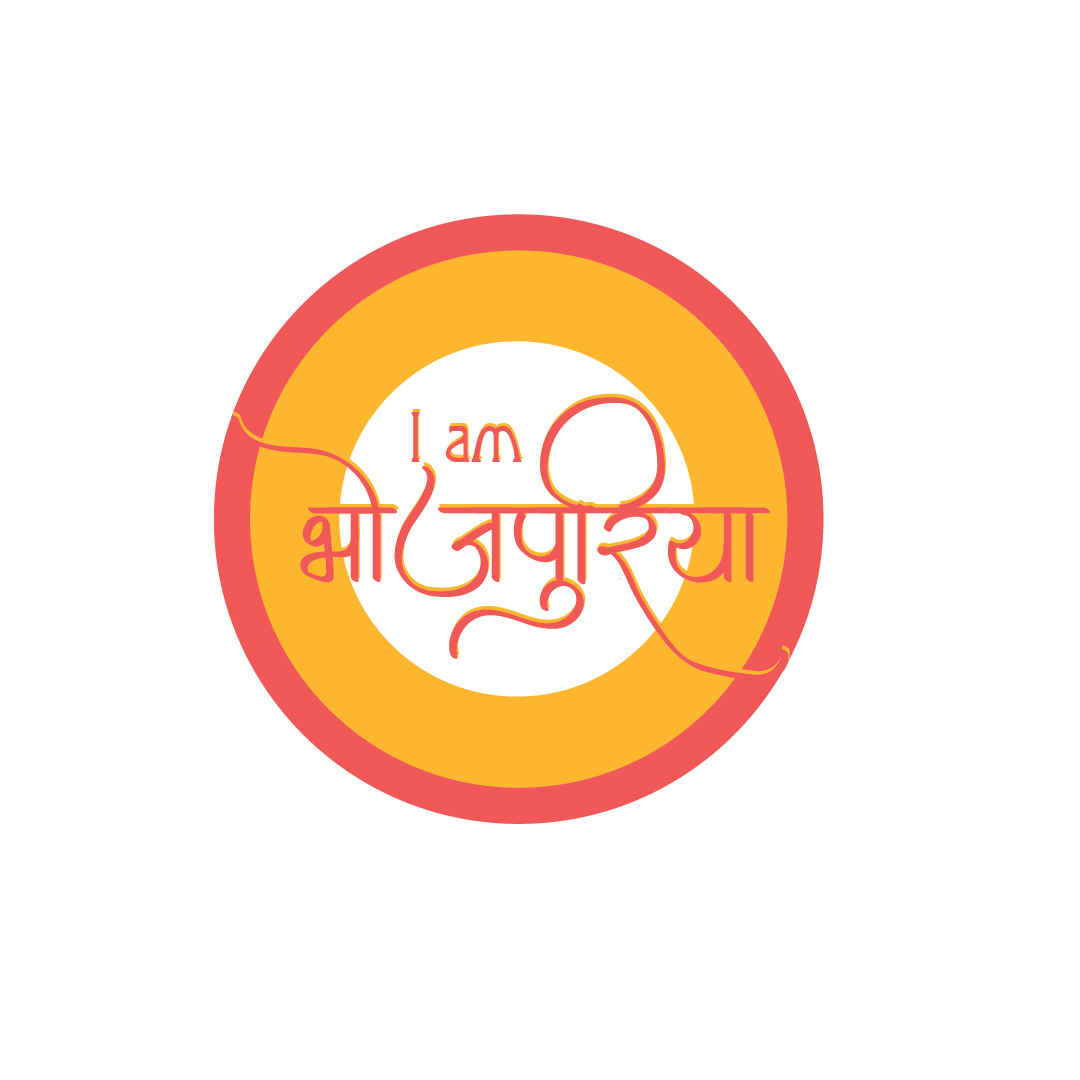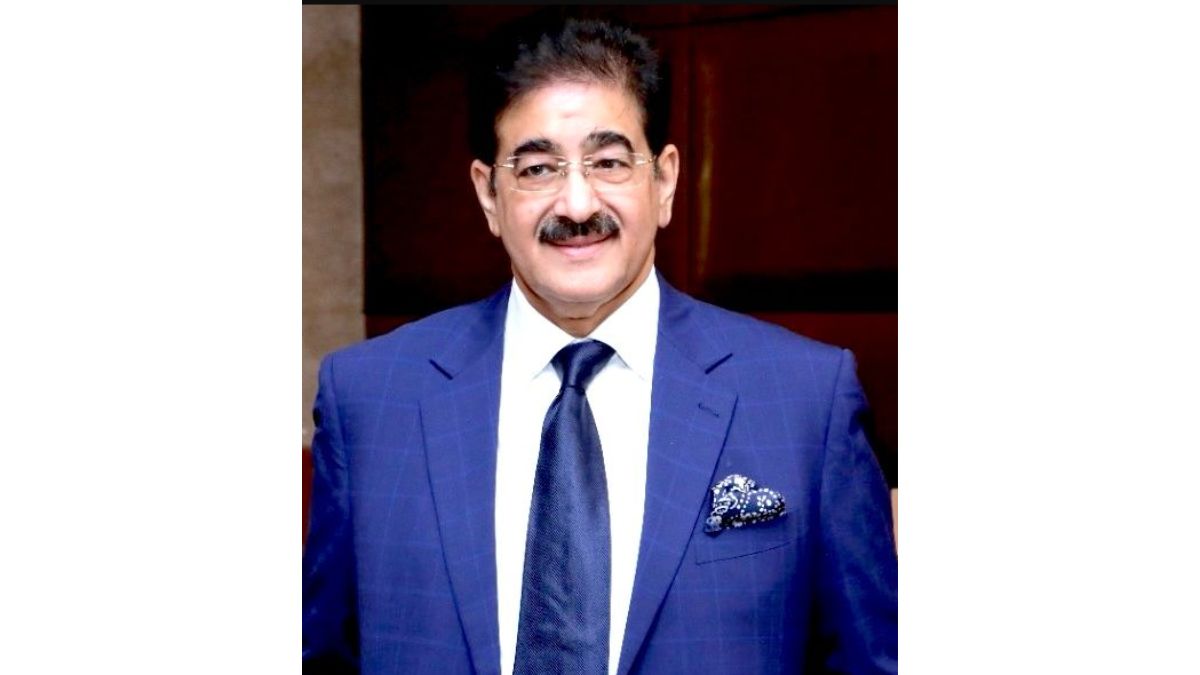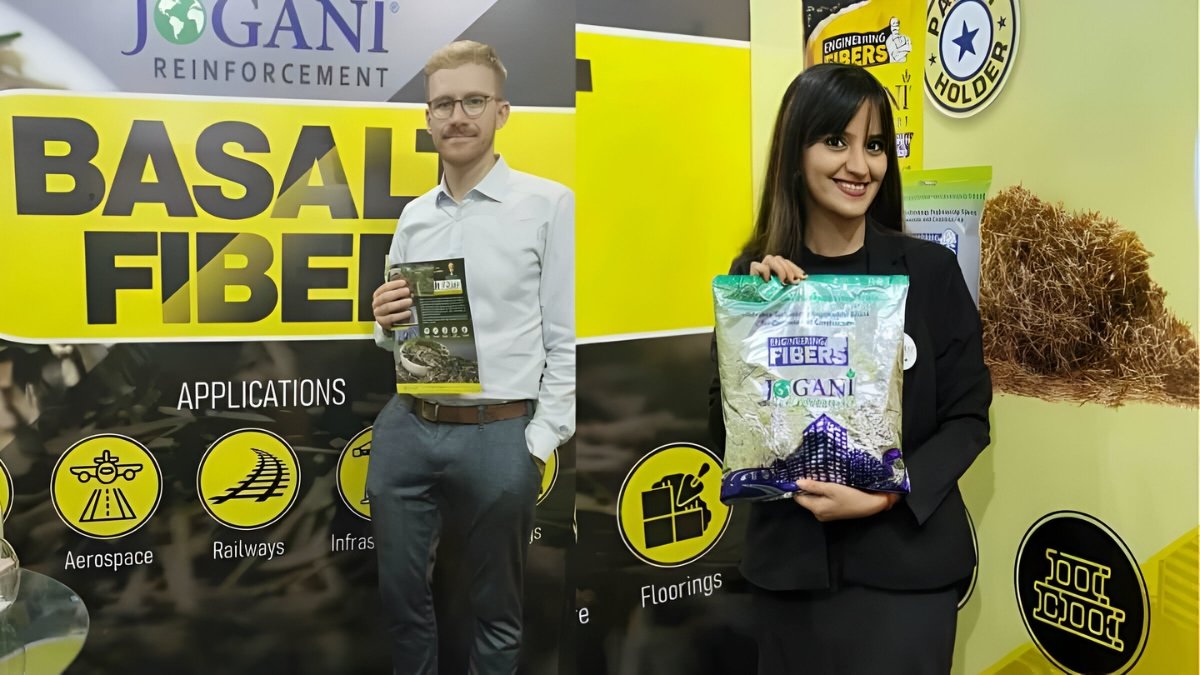Indore (Madhya Pradesh) [India], November 6: Dr. AK Dwivedi, Member of the Scientific Advisory Board, Central Council for research in Homeopathy, Ministry of Ayush, Government of India, shared valuable insights on the control of aplastic anemia through homeopathic treatments at the 16th International Homoeopathic Conference organized by Hahnemann College of Homoeopathy, United Kingdom.
During his address at the conference, Dr. Dwivedi highlighted the significance of traditional Indian cuisine in preventing aplastic anemia. He emphasized that specific Indian recipes such as “gond ke laddu,” “meve ke laddu,” and “khas-khas ka halwa” have proven to be highly beneficial in managing conditions like aplastic anemia. These recipes, which are commonly consumed in regions like Indore and other parts of northern and central India, are rich in essential nutrients like magnesium, copper, iron, vitamins, niacin, phosphorus, and proteins. Their consumption not only boosts blood production but also enhances the body’s immune response, reducing vulnerability to diseases.
Dr. Dwivedi also pointed out that ingredients like sesame and jaggery (til-gur) are extensively used in Indian cuisine. These ingredients are known to increase blood levels, making them effective in combating aplastic anemia. While these delicacies are particularly popular during cold weather in India, they can be consumed throughout the year in places like London, where the climate allows for their usage over 8 to 9 months annually.
The conference attendees were captivated by Dr. Dwivedi’s presentation, where he shared case studies of five patients who successfully recovered from aplastic anemia through his homeopathic treatments. These patients underwent treatment regimens that included gond ke laddu, meve ke laddu, and khas-khas ka halwa, all of which significantly contributed to their recovery. Dr. Dwivedi highlighted the nutritional value of these traditional Indian sweets, citing the presence of calcium, protein, magnesium, iron, and other vital nutrients that strengthen bones and increase blood levels. Additionally, he discussed the benefits of pinnee laddu, especially for pregnant and lactating women, as it helps in boosting hemoglobin levels and overall health.
Following his presentation, Dr. Dwivedi conducted free check-ups for patients suffering from anemia and bleeding disorders, offering them necessary homeopathic medicines. His research and expertise were duly acknowledged at the conference, and he was honored with an international award.
In the past, Dr. Dwivedi has presented his research papers in many international & national homeopathic conferences. Along with aplastic anemia, he is providing a lot of relief to the patients with homeopathic medicines on pancytopenia, sickle cell anemia, thalassemia and bone marrow diseases.Currently he is working as Director and CEO, Advanced Homeo Health Center Indore, he is also a member of the Executive Council of Devi Ahilya University Indore MP India
Dr. Shashimohan Sharma, the director of the organizing institution, expressed gratitude to all the participating homeopathic practitioners from various countries, including the United Kingdom, India, Serbia, Italy, Singapore, Pakistan, and Sri Lanka. He appreciated their contribution and emphasized the global popularity of homeopathic treatments for healthcare. The program was efficiently managed by Dr. Padmapriya Nayar and Gayatri Nayar.
If you have any objection to this press release content, kindly contact pr.error.rectification@gmail.com to notify us. We will respond and rectify the situation in the next 24 hours.

















